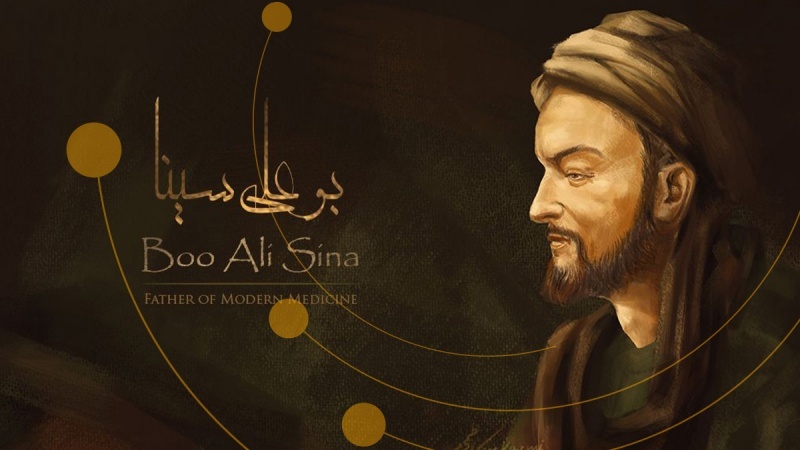What Avicenna, the great philosopher of the East, can teach us on artificial intelligence
Pars Today- Iranian genius, Ibn Sina (Avicenna) lived in the 10th century AD, centuries before the invention of the printing press, let alone the artificial intelligence. However, he contemplated on many similar questions which today's scholars of ethics think of: what causes a person to be a man instead of an animal?
In the recent years, many philosophers have argued that what makes us a man is our capacity for conscious experience. But, how do we define consciousness? What external evidence can we use to determine the issue that a creature enjoys consciousness? Lack of consensus on these questions is one of the reasons why the discussion on artificial intelligence's enjoyment of a personality has reached no conclusion.
As the contemporary researchers of AI are interested in comparison of processes which are the infrastructure of man's response and that of AI to similar duties, Avicenna was also interested in comparison of internal processes of man and animals to reach similar behavioral outcomes.
In his view, one of the key potentials of man is his perception of generalities. While animals can only think of details (special things that are exactly in front of them), men can argue on general rules.
Avicenna in Ketab-ol-Nafs (Book of Soul) speaks of an old famous example on a sheep which faces a wolf. He claims that while men rely on the general principle, wolves are generally dangerous and the special animal in front of them is wolf. Thus, they should escape. Animals think differently.
They do not argue according to a general rule; they rather see only the wolf and know that they should escape. They, instead of arguing on the general features of wolves, concentrate on details. The distinction that Avicenna considers between man and animal is very similar to what the modern time scientists are examining on AI.
The current researches show that the artificial nervous networks are not able to generalize a systematic composition. While men realize abstract concepts as a sequence of words which can then be combined as more complicated ideas, artificial intelligence searches inside a set of statistical data for entries of special data which comply with a special duty.
The difference between man's recognition and artificial recognition is properly compliant with Avicenna's description of what is unique on man's argument.
He explains in Al-Shefa book how a creature with intellect learns which things are common and which ones are not common; and hence, deducts the nature of common things in different kinds.
In Avicenna's view, one of the distinct features of man is the perception of generalities. We, human beings, separate the basic features of objects from the less essential features to reach generalized concepts. Then, with the help of these concepts, we argue and enforce it on various cases.
One of the basic differences between a sheep and AI network is that the artificial nervous network has access to a very greater reservoir of details in the form of a set of comprehensive data.
Avicenna's main criterion for personality (argument based on generalities) are very similar to generalization of a systematic composition. This criterion can present a probably testable standard for enjoyment of personality. So far, AI has failed several times in these tests.
Source: Safdari, Maryam. 2024. What Avicenna can teach us on artificial intelligence? Zomit
Key phrases: who is Avicenna, Iranian notables, artificial intelligence, knowledge in Iran, history of knowledge
RM/UR



